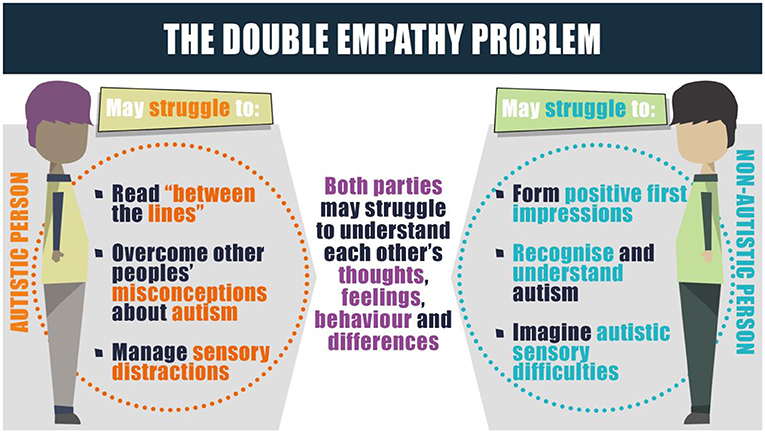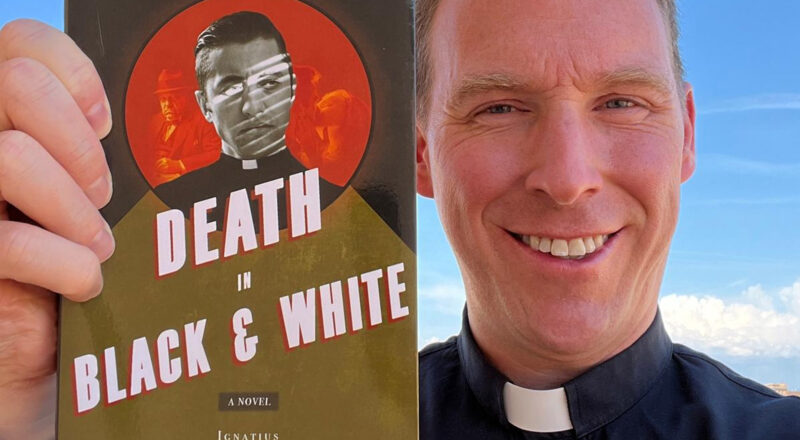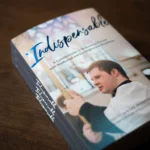Fr. Mark Nolette from Autism Consecrated reviewed my book, God Love the Autistic Mind: Prayer Guide for Those on the Spectrum and Those Who Love Us in Homiletic & Pastoral Review. He had some good and critical things to say. Here is his introduction:
Autistic Catholics live in bittersweet times. On the one hand, we note an increasing awareness of autism in the society at large. Autistic characters appear in movies, television shows, and novels. Some corporations offer accommodations for their autistic employees, knowing that these employees can offer much if their work environment is suitable for them. Professionals in psychology are learning more about autism, in part because of their increased willingness to listen to the experiences of autistic people. On the other hand, there is still a great deal of misunderstanding about autism and autistic people. Some of this is due to outdated ideas about autism that persist. Some is due to sensationalized reports about autistic people who “act out” or behave violently without any attempt to understand why this is so.
This same bittersweet taste can be found when autistic Catholics deal with their local parishes. The resources that are available to autistic Catholics usually focus on autistic children and their families, with faith formation and sacramental preparation in view. There is little support for autistic Catholic adults and little understanding of the unique challenges that autistic adults face when they seek to live out their Catholic faith. Though there are some resources with a more ecumenical bent — such as the Centre for Autism and Theology at the University of Aberdeen — autistic Catholic adults find little coming from Catholic sources that addresses their spiritual needs. Moreover, when autistic Catholics go to their parishes and seek spiritual guidance, they are not always welcomed or heard or understood.
You can read most of the good and critical points there. However, I would like to address one critique. Fr. Mark notes,
Finally, we come to the thread of cognitive dissonance that runs through this book — a thread that Schneider (and many others) seem not to notice. It is Schneider’s acceptance of the “theory of mind” hypothesis in explaining autistic people. This hypothesis is problematic both psychologically and theologically.
“Theory of mind” was a hypothesis first mentioned in psychological writing in the 1980s. One of its best-known proponents was Dr. Simon Baron Cohen. “Theory of mind” refers to the ability of a human being to perceive what another person is feeling or thinking, and to understand that another person has mental states different from one’s own.
I want to note that although this book was published in 2022, it was mainly written in 2020. Since 2020, I have slowly become more convinced of the double-empathy problem as a better explanation for autistic misunderstandings with neurotypicals and were I to write the book today, I would adjust it accordingly. There are obviously some issues in implied communication between autistic and non-autistic people (that is part of the diagnostic criteria), and more recent studies have shown that autistics get each other’s non-verbal or implied communication better than neurotypicals. Instead of going in-depth on double empathy here, I will link to the Wikipedia article on it.

In this discussion, I think Fr. Mark also implies that assuming that autistic people have theory of mind difficulties would make us sub-human. That is not at all the case. A principle of Catholic ethics is that we are all equally human in the Image of God based on our humanity, not added factors.
Some of Fr. Mark’s other critiques are kind of editorial choices where I could either way like I did not spend time on common comorbidities like ADHD or trauma issues.
Overall, I think Fr. Mark’s review is worth reading. It highlights some strengths and limitations of my book.









